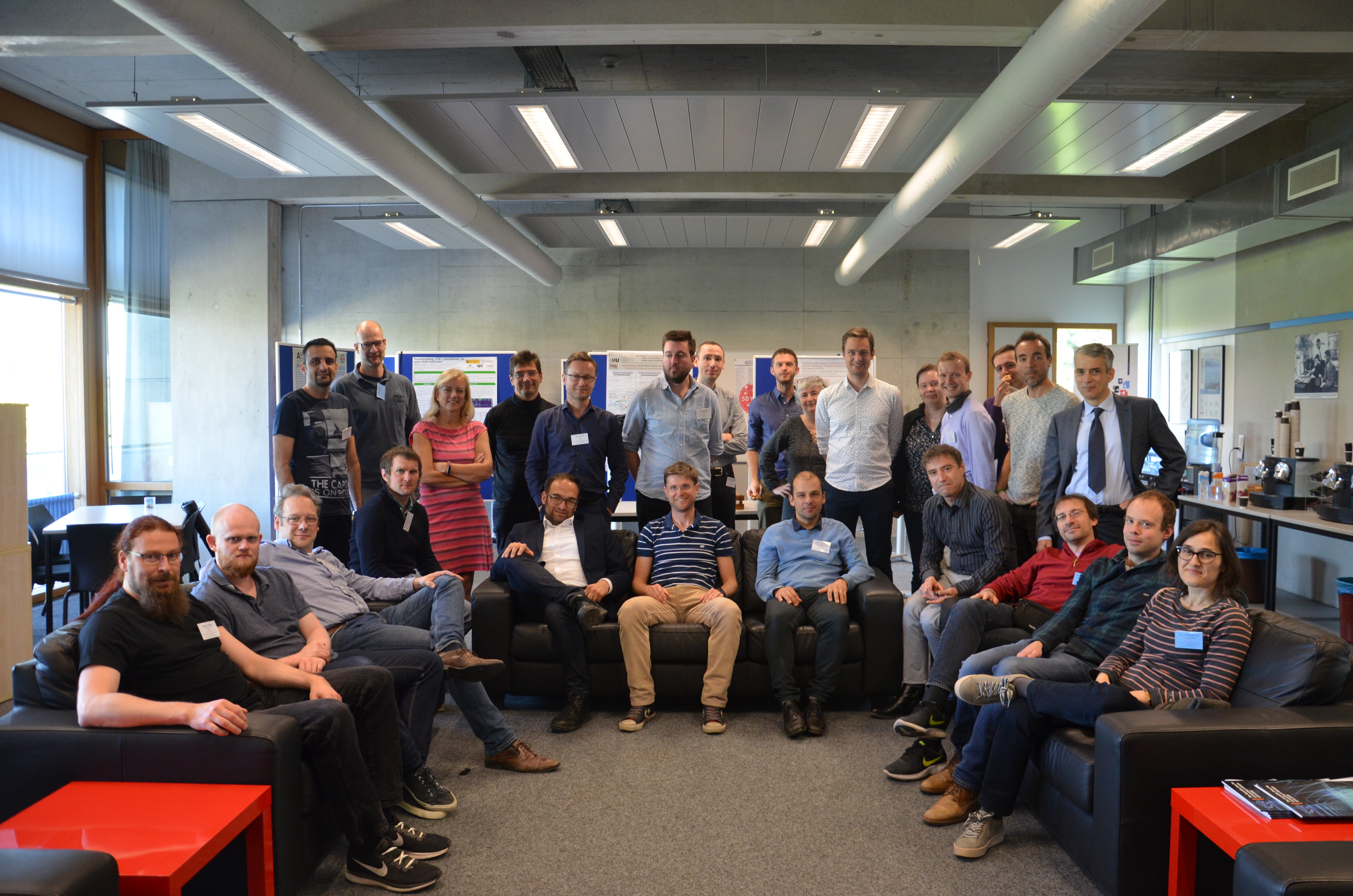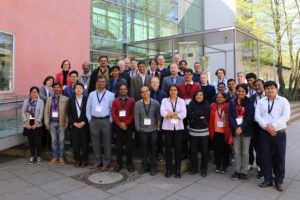Objectives:
The main objective of the workshop “Green’s function methods: the next generation”, arrived at its 4-th edition, is to bring together an interdisciplinary audience of researchers dealing with Green’s functions methods and electron correlation. Both fundamental developments and high-end applications are targeted, together with discussions on numerical implementations and their current limitations.
Green’s functions have always played a prominent role in many-body physics. In particular the one-body Green’s function (GF) delivers a wealth of information about a physical system, such as ground-state energy, excitation energies, densities and other measurable quantities. Therefore the development of approximate methods to calculate the one-body GF has been an active research topic in many-body physics since the 60’s, and many routes have been explored in order to find increasingly accurate GFs. A very popular class of methods is based on the iterative solution of an integral equation for the GF containing an effective potential, the so-called self-energy, which needs to be approximated. The well-known GW approximation belongs to this class; this approximation is the method of choice for calculating band structures, but it also shows several shortcomings, such as the wrong description of satellites in photo-emission spectra, in particular in so-called strongly-correlated materials. Therefore more refined levels of approximations are needed to keep the pace with the advances made in experiment. Recently much progress has been made in this direction both by going beyond standard methods and also exploring completely novel routes to calculate GF. A new wave of original ideas, understanding, and solutions, has pervaded the field and was represented in the present workshop.
 Continue reading Report on Green’s function methods: the next generation
Continue reading Report on Green’s function methods: the next generation

